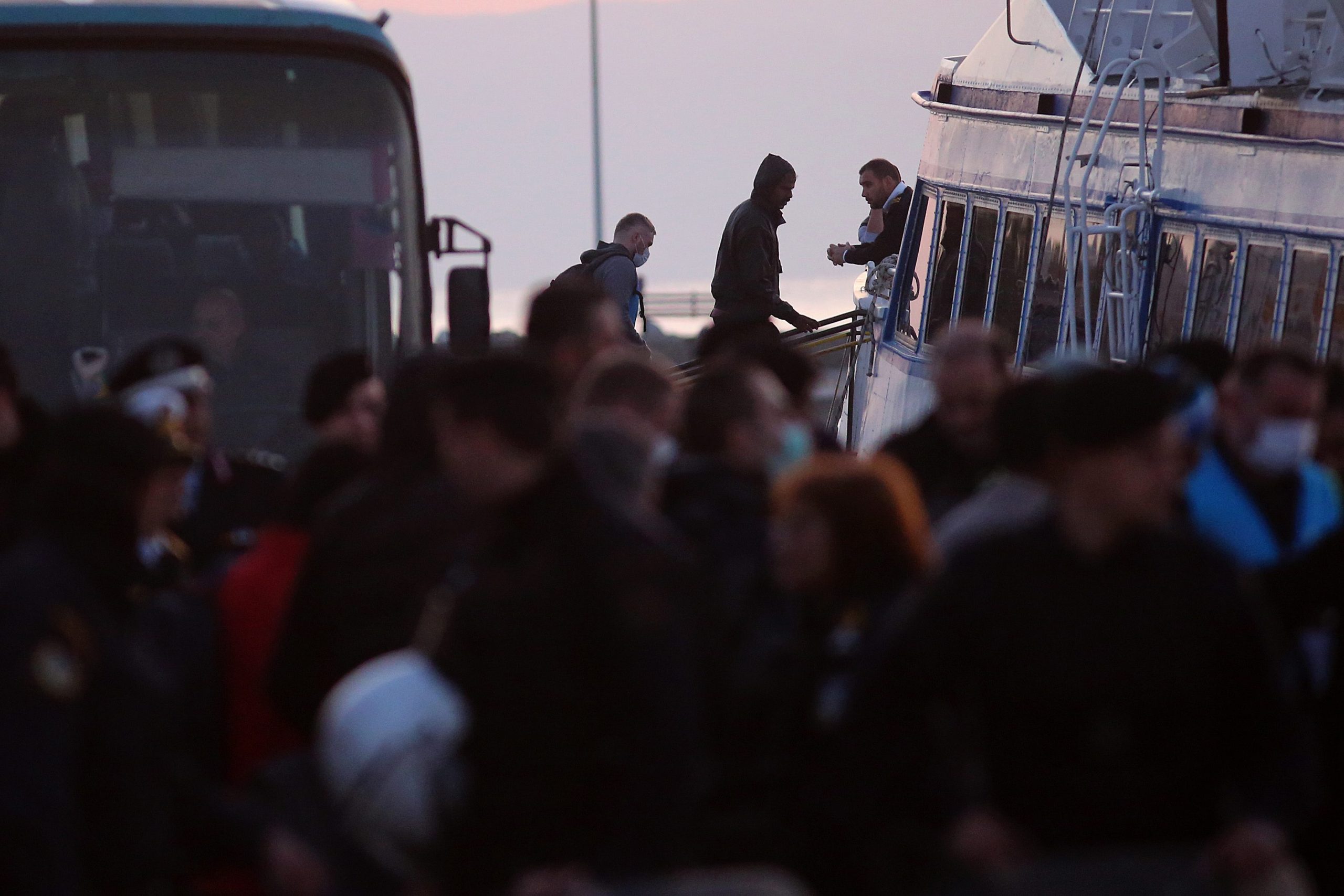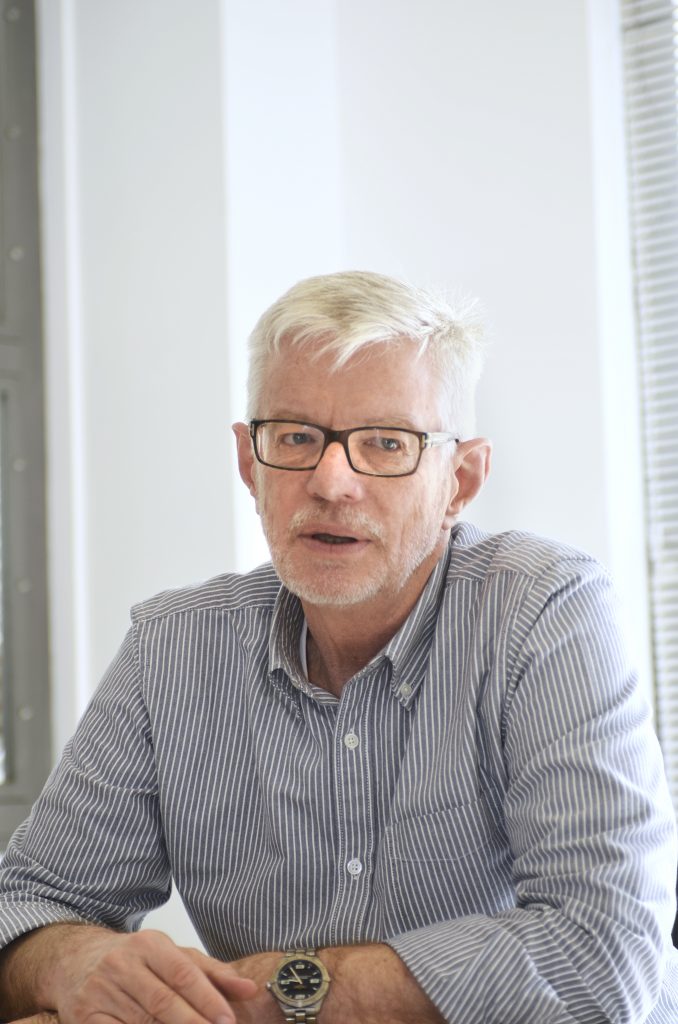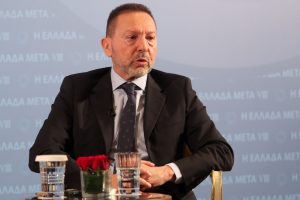The European Commission today proposed new legislation in an effort to combat migrant smuggling while launching a “Call to Action” for a Global Alliance to counter the problem of illegal migrants flowing across its borders, at the International Conference hosted in Brussels.
The issue is of particular interest to Greece, as it is one of the peripheral member-states that bear the brunt of the influx of undocumented migrants.
Both actions follow up on EC President von der Leyen’s 2023 State of the Union address, in which she called for, among other measures, the reinforcement of the role of EU agencies, in particular, Europol, as well as intensifying cooperation with partner countries to tackle this issue globally.
As EC data shows, smuggling networks make substantial profits from their criminal activities, ranging between EUR 4.7 – 6 billion worldwide annually.
A modern and strong EU legislative framework
The EC’s proposal includes an upgrade of its legislative framework, aimed at preventing and countering the facilitation of unauthorized entry, transit, and stay in the EU with the following objectives in mind:
1. Effectively prosecuting organized criminal networks
2. Harmonizing penalties reflecting the seriousness of the offense
3. Improving jurisdictional reach
4. Reinforcing Member States’ resourcing and capacities
5. Improving data collection and reporting
In addition, the Commission is proposing a Regulation to reinforce Europol’s role and inter-agency cooperation in the fight against migrant smuggling and trafficking in human beings, building on the current Europol Center Against Migrant Smuggling, which will be elevated along strategic areas:
1. Strengthening the coordination at the EU level with the reinforcement of the European Center Against Migrant Smuggling to be supported by Member States, Eurojust, Frontex, and the Commission.
2. Inter-agency cooperation: the Center will be supported by Member States’s liaison officers, as well as Eurojust and the Frontex and Eurojust liaison officers, who should be posted to Europol.
3. Improving information sharing: Member States’ obligations to share information with Europol on migrant smuggling and trafficking in human beings will be reinforced. Europol deployment can already take place in third countries
4. Reinforcing resources: Member States will need to designate specialized services to counter migrant smuggling and trafficking in human beings, and connect these services to secure information exchange network applications (SIENA).
5. Stronger Europol support through staff deployments: The regulation updates the current legislation with concepts of task forces and Europol deployments for operational support. To fulfill these objectives, the Commission is also proposing to increase the financial and human resources of Europol.
Launch of a Call to Action for a Global Alliance to Counter Migrant Smuggling
As the Commission states, “the Call to Action for a Global Alliance launched today is crucial for coming together on prevention, response and alternatives to irregular migration, including addressing the root causes of irregular migration and facilitating legal pathways.”
The work on this Call to Action will be taken forward in a framework set up by the Commission, working closely and acting as a contact point for all global stakeholders. The Commission will convene technical Expert Groups with representatives from EU institutions, agencies, Member States, partner countries, international organizations, and other stakeholders.



